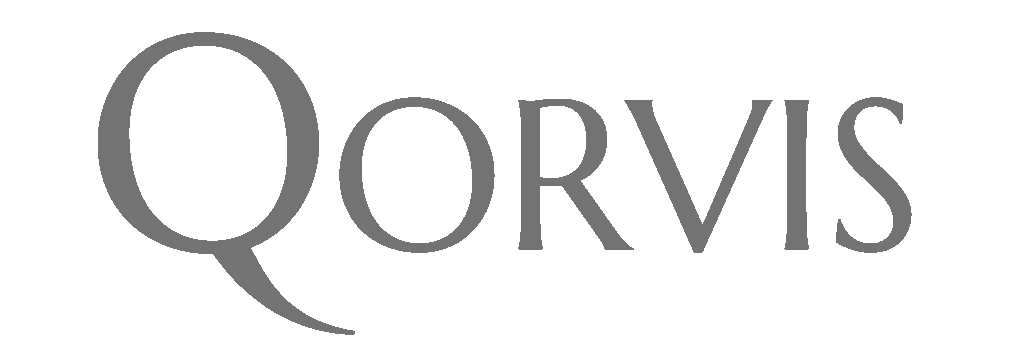By J.P. Carroll, Senior Advisor, Qorvis
The 2024 election changed the media landscape, with digital-native media increasingly taking center stage as campaigns embraced digital-first outreach in an unprecedented manner. Furthermore, news coverage was influenced by a 24-hour news cycle, which was largely led by independent digital media.
This election changed a lot of things—including political digital media outreach. Here are the top five trends and defining moments that shaped this election and are set to influence the future of political communication.
1. Assassination attempts can be livestreamed.
When Trump was shot in Butler, Pennsylvania, the world saw it live on television. In the minutes, hours, and days after, the assassination attempt was clipped and viewed many more times across a variety of social media websites.
Subsequently, X owner Elon Musk joined Trump at a follow-up appearance in Butler. This appearance attracted a great deal of attention as the world’s richest man and owner of one of the largest social media entities in the world stood side by side with Trump, who he endorsed.
2. Podcasts are now in the political mainstream.
Whether you follow politics closely or not, there is no doubt that through friends or family, you heard about Vice President Kamala Harris’ appearance on Alex Cooper’s Call Her Daddy or Trump’s interview on the eponymously named Joe Rogan Experience (JRE). Call Her Daddy tends to average 5 million listeners, while the Trump interview on JRE currently has over 46 million views on YouTube.
In an election where there was only one debate between the two presidential candidates, and with cable news channels increasingly struggling for ratings, longer sit-downs with podcast hosts may soon become the norm, not the exception.
3. Prediction markets gain traction.
While gambling has not taken center stage as a major policy issue during this election—despite Nevada being a swing state—online political predictions have matured this election cycle. Whether it is Polymarket, PredictIt, or Kalshi, there has been a great deal of engagement with and focus on how these and other platforms view the state of the race.
The science of polling has come under increasing scrutiny this election cycle, as has consistently been the case since the widespread failures of the polling industry in the 2016 election. As voters look to figure out which way things will go, prediction markets have offered a different prognostication tool to assess the outcome of the race.
4. Boomer culture reaches Gen Z audiences.
TikTok has become a major player in political discourse as both the Harris and Trump campaigns were very active on the platform—a stark difference from 2020, when there were discussions about banning the app in the United States. It has been interesting to see the high level of engagement the Trump campaign achieved with their nearly octogenarian candidate in reaching Gen Z voters, particularly young men.
However, older voters are statistically more reliable when it comes to showing up at the polls. They, too, are active on social media—but more so on Facebook. Both the Harris and Trump campaigns were quite active on Facebook, too, but to less media fanfare.
5. The October Surprise: ‘Garbage’ remarks go viral.
October is known for the political “October Surprise,” when a major story breaks that upends a presidential campaign. This October, there were two such stories, both with roots in the digital world.
At Trump’s Madison Square Garden rally, comedian Tony Hinchcliffe said that Puerto Rico was a “floating island of garbage.” The joke drew immediate condemnation from elected officials of both parties, and the Trump campaign tried to distance itself from the comedian they had invited. Hinchcliffe came to prominence most recently through his appearance on the Netflix roast of Tom Brady and hosting a weekly live comedy podcast on YouTube called Kill Tony. In short, a comedian who rose through digital podcasting and streaming was at the heart of one of the biggest stories of the 2024 campaign, which likely cost Trump votes.
Shortly after, reacting to Hinchcliffe’s remarks, President Biden, on a Zoom call for Voto Latino, appears to have called Trump supporters “garbage.” The White House disputes this, claiming there was an apostrophe in the remarks, but the damage was done with Trump and allies reacting swiftly. Zoom was a relatively nascent technology around this time last election at the height of the COVID-19 pandemic, and now it is the medium through which this gaffe took place.
J.P. Carroll served as Deputy Director of Hispanic Media for the Republican National Committee (RNC). He holds a Master’s of Professional Studies (MPS) in Public Relations and Corporate Communications from Georgetown University.





